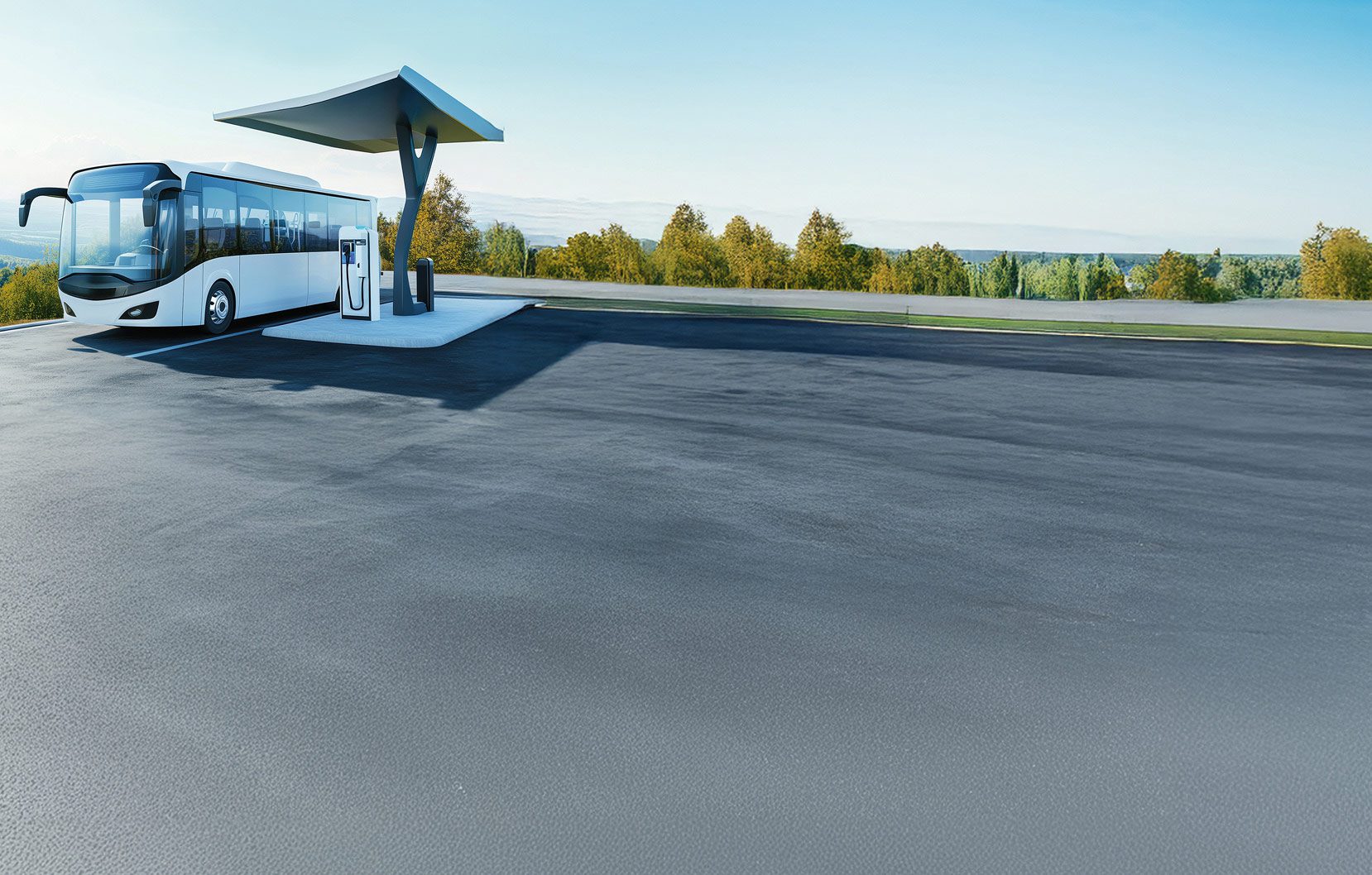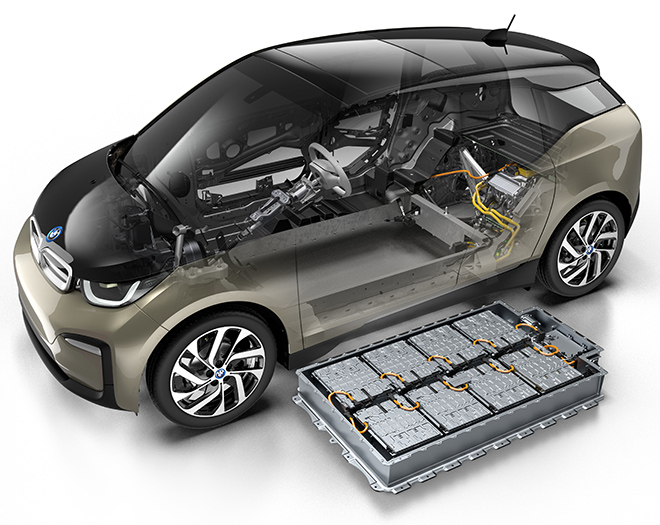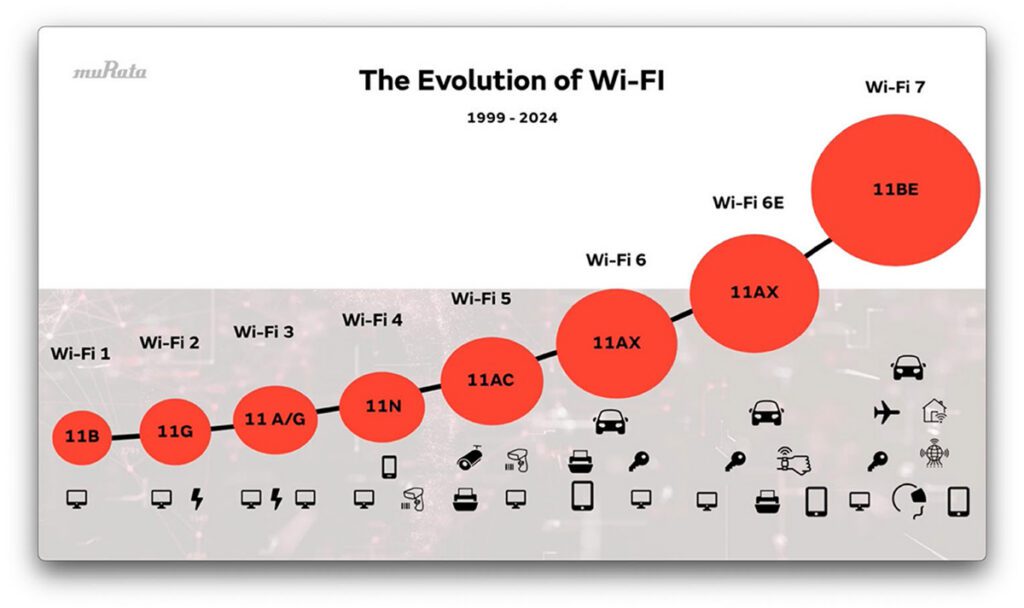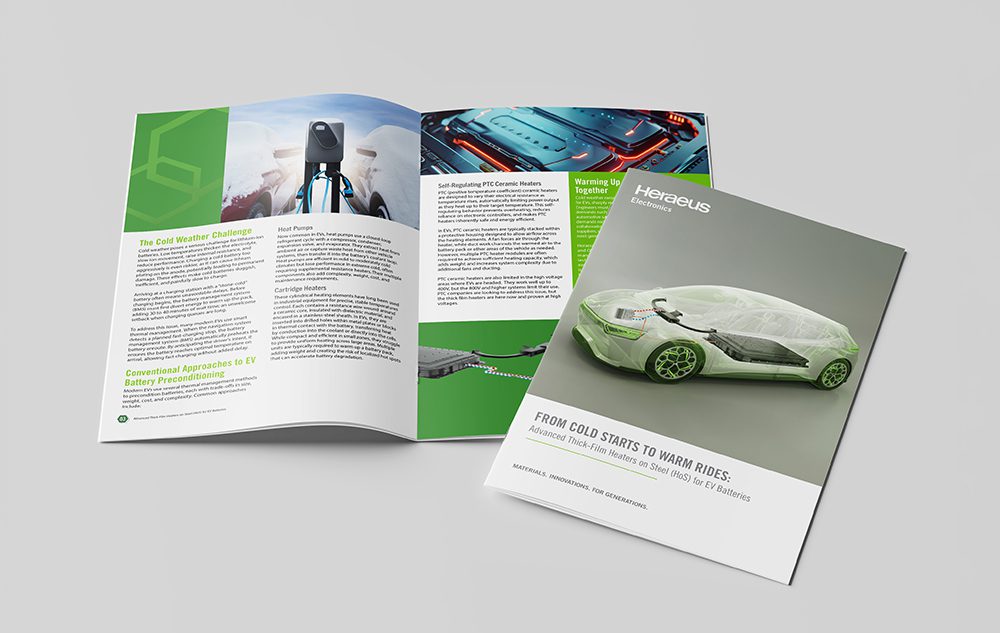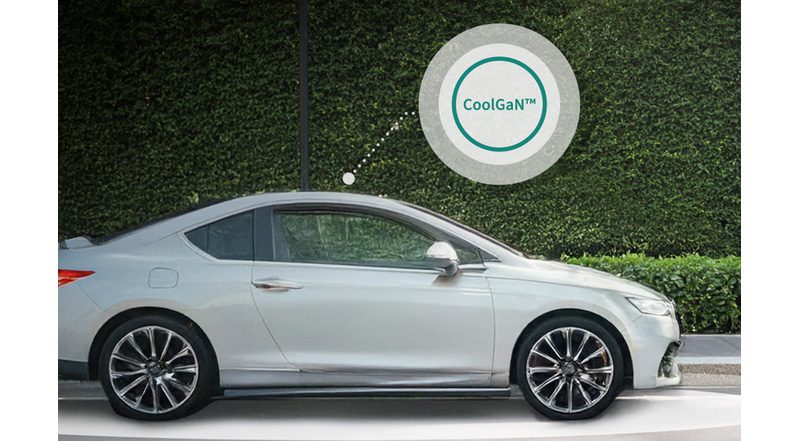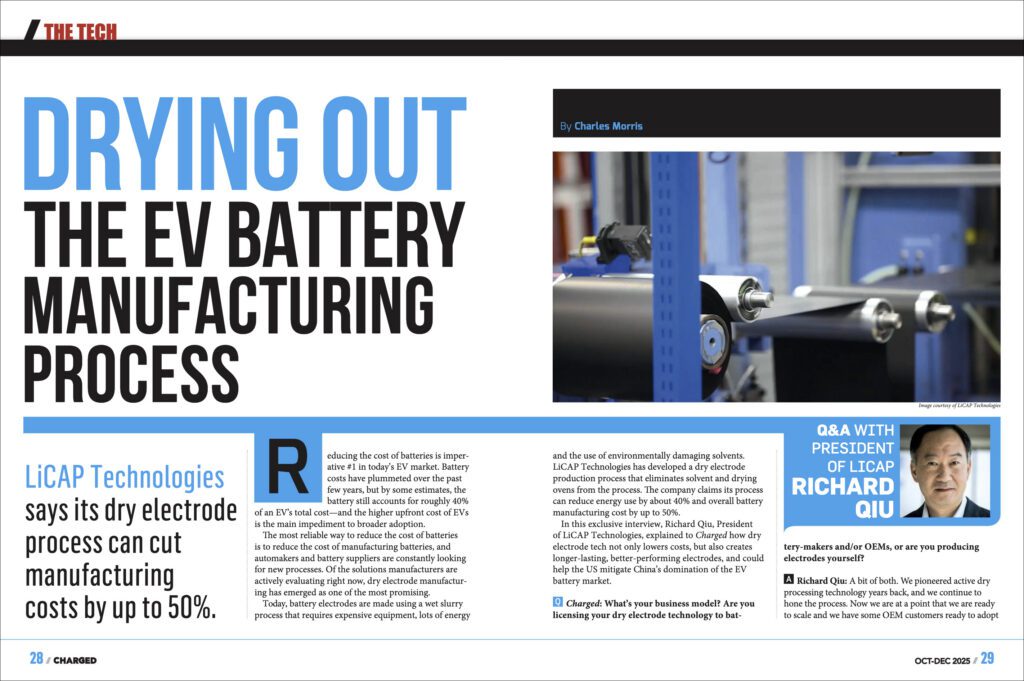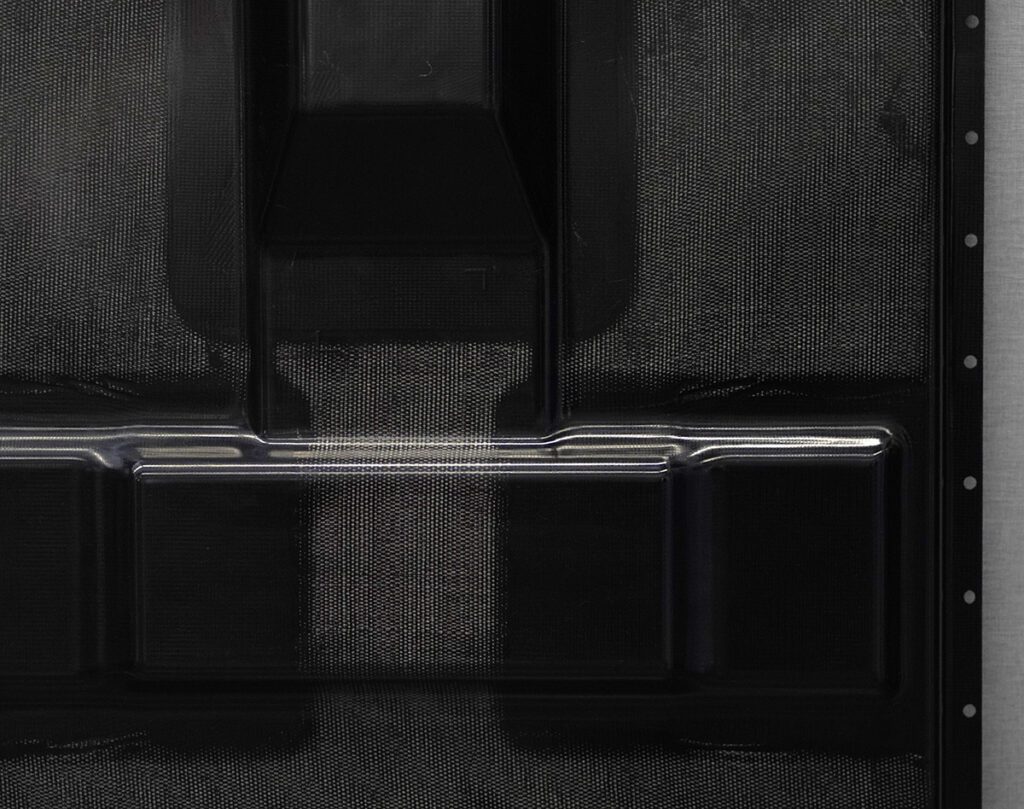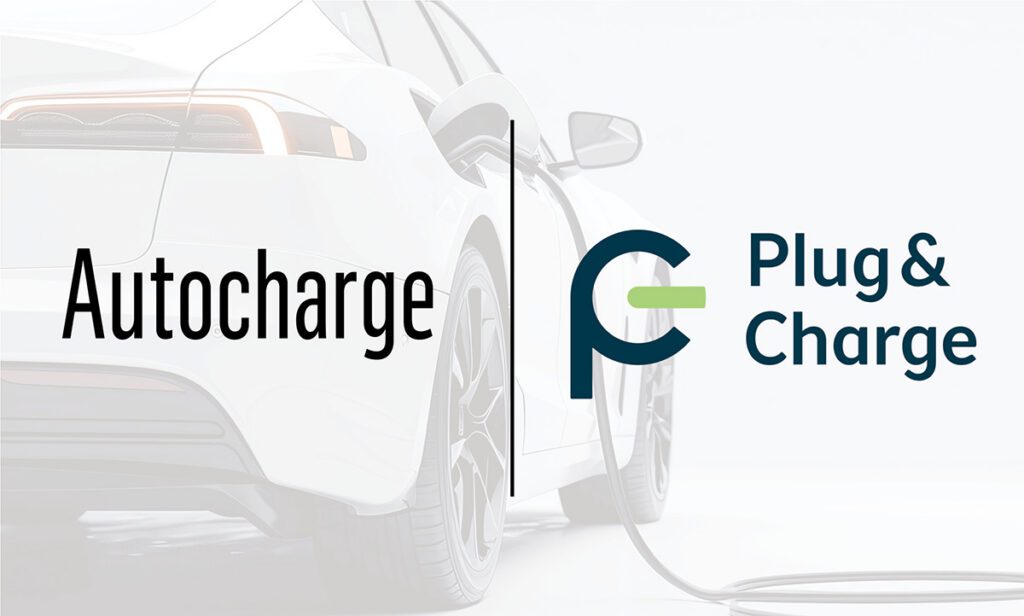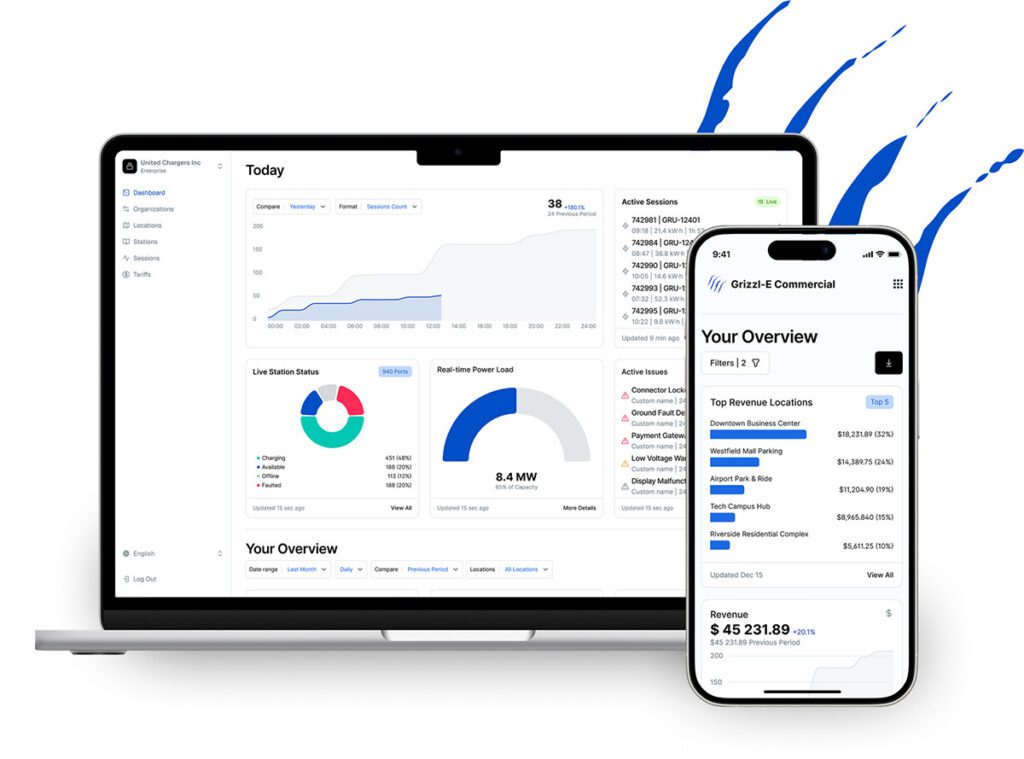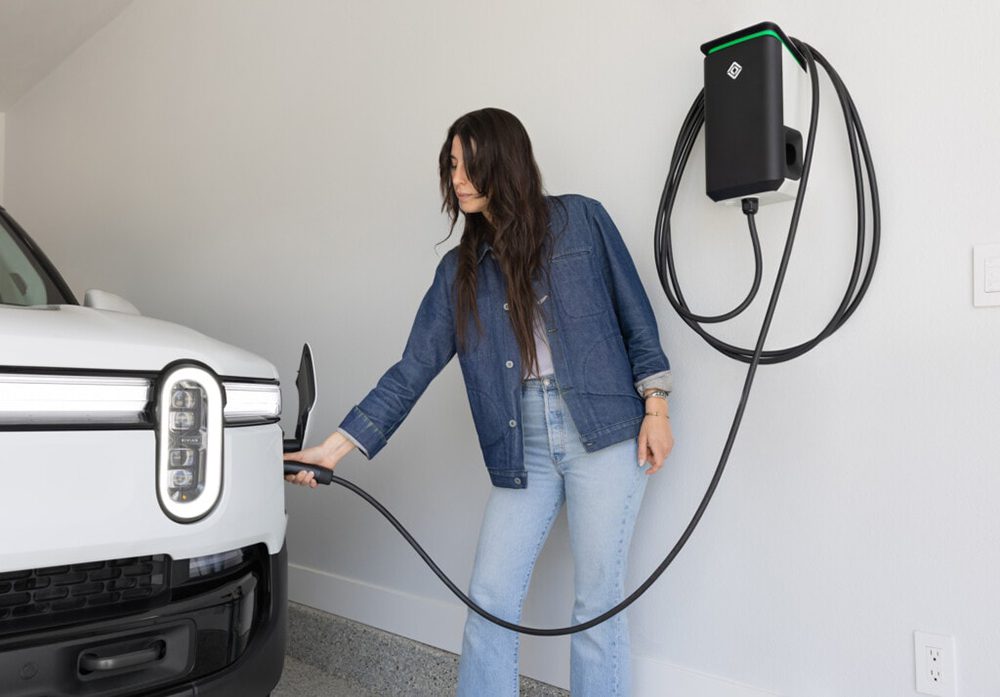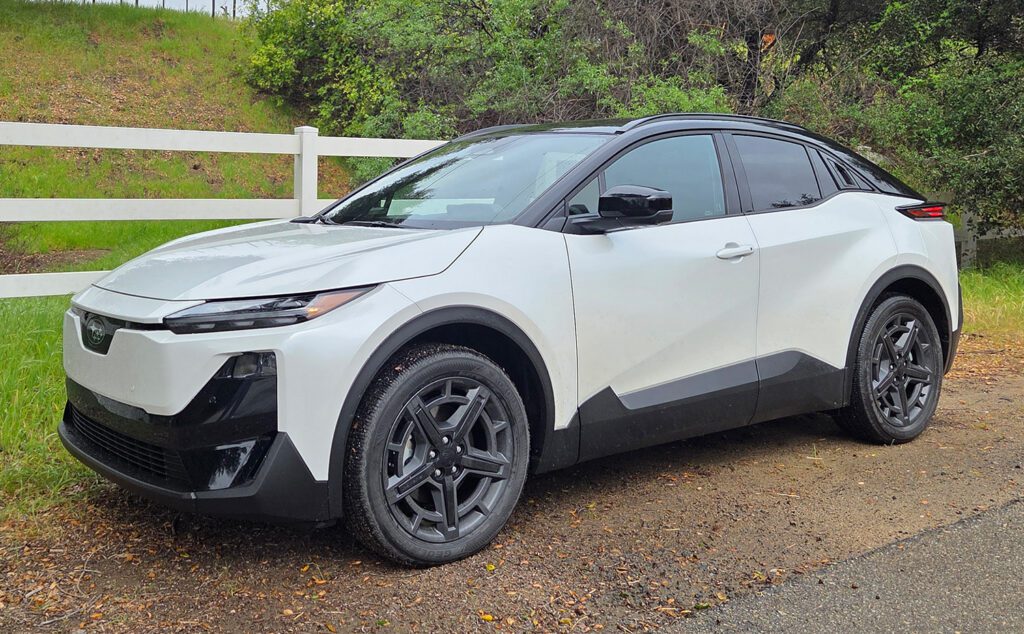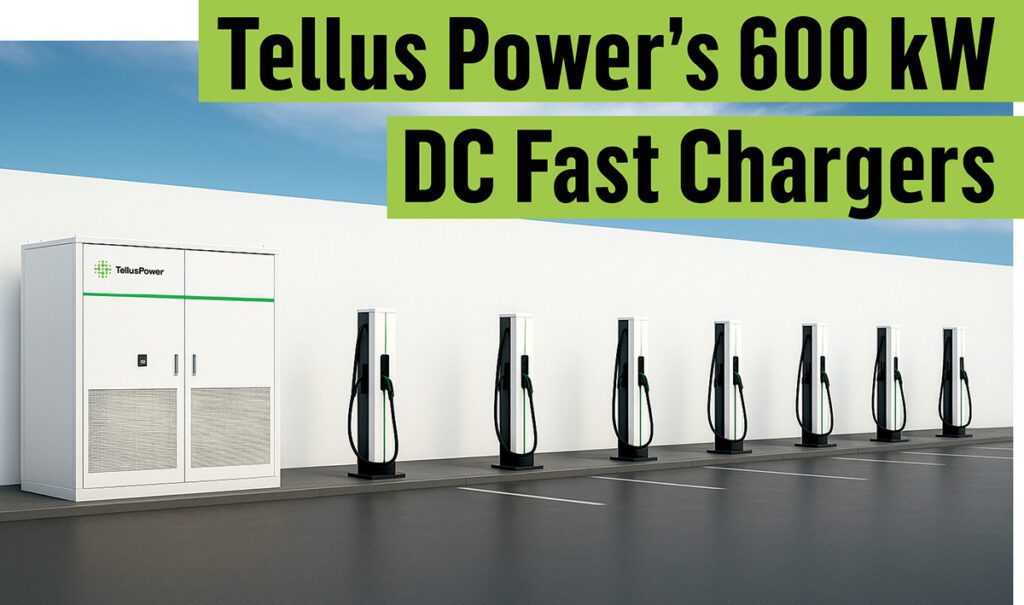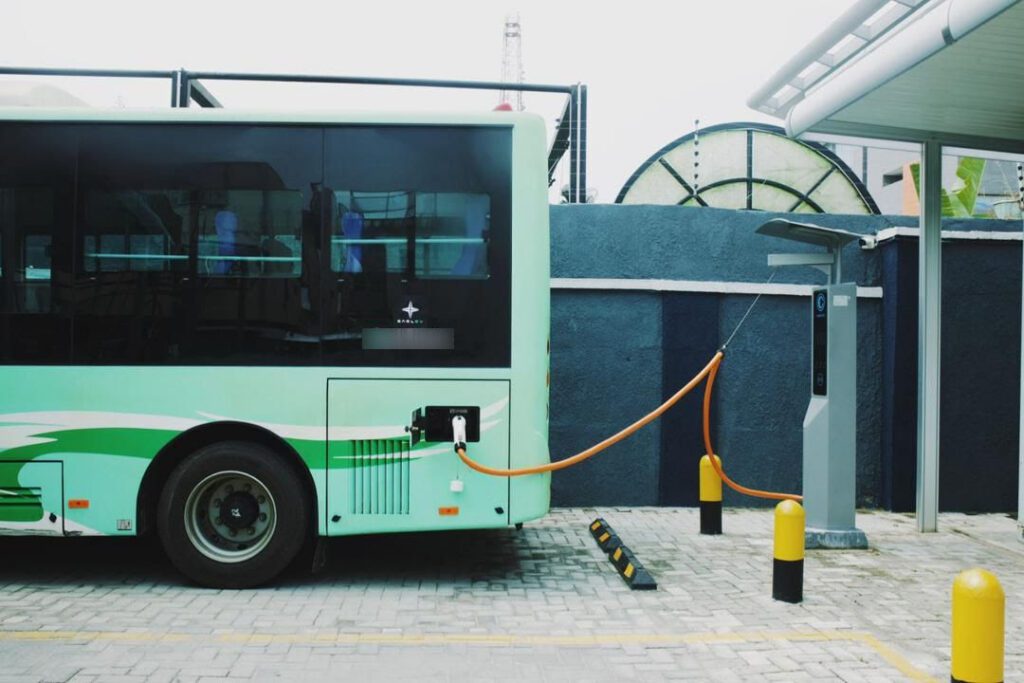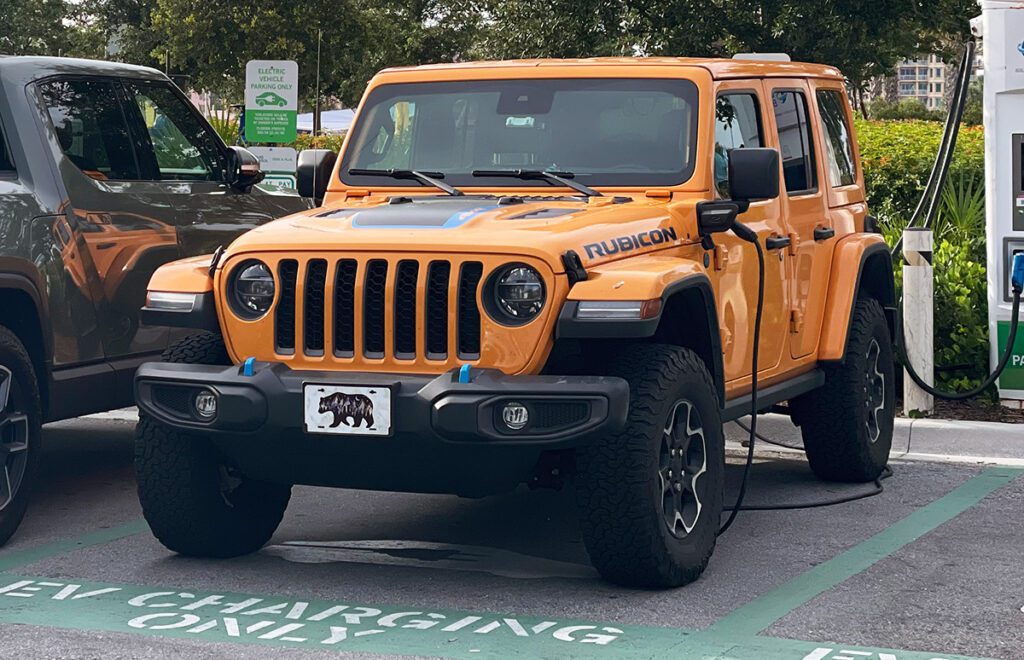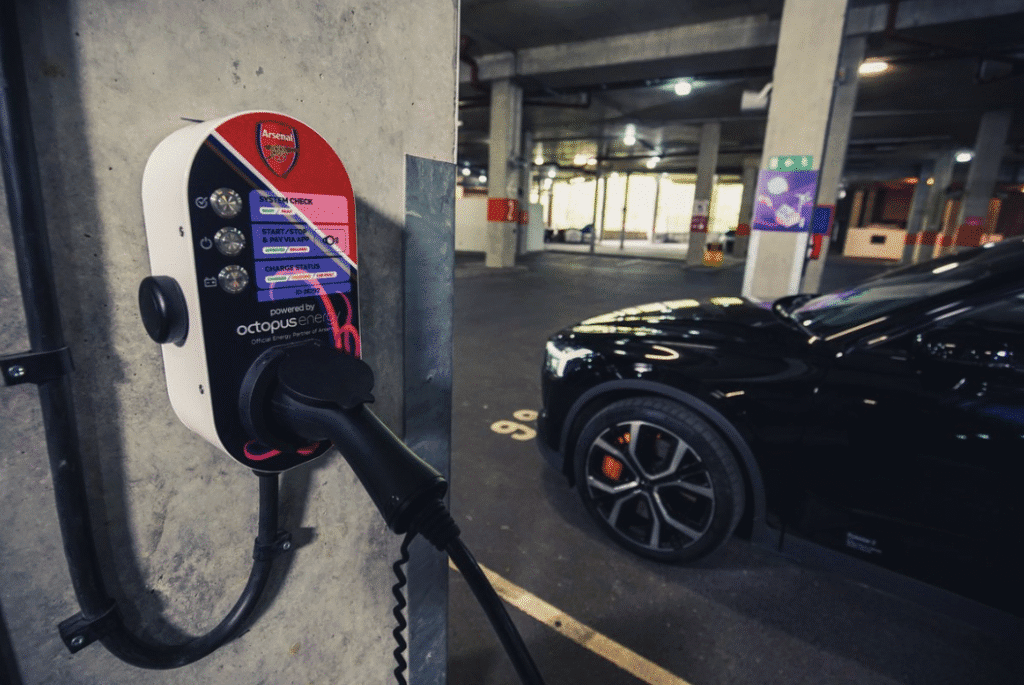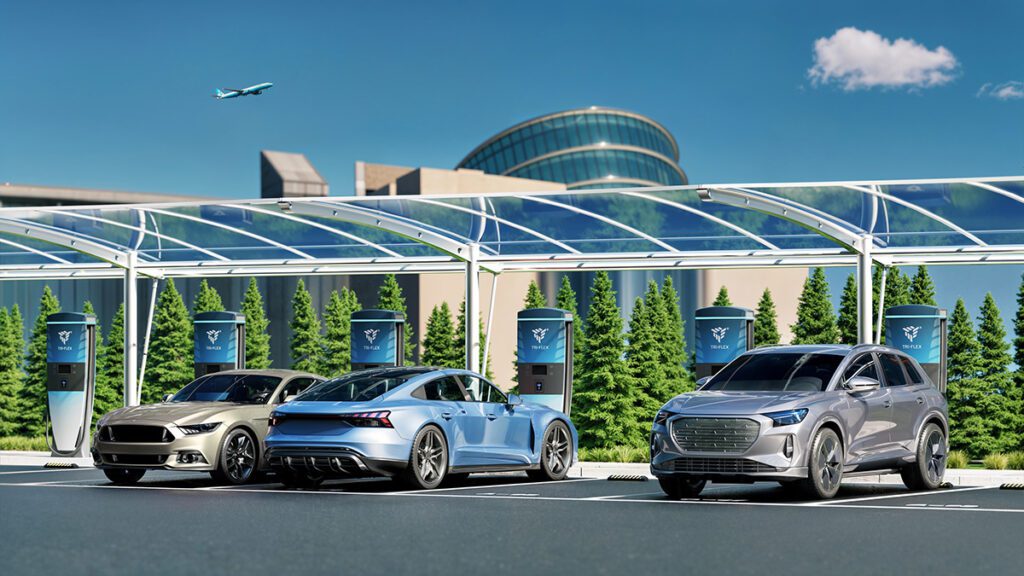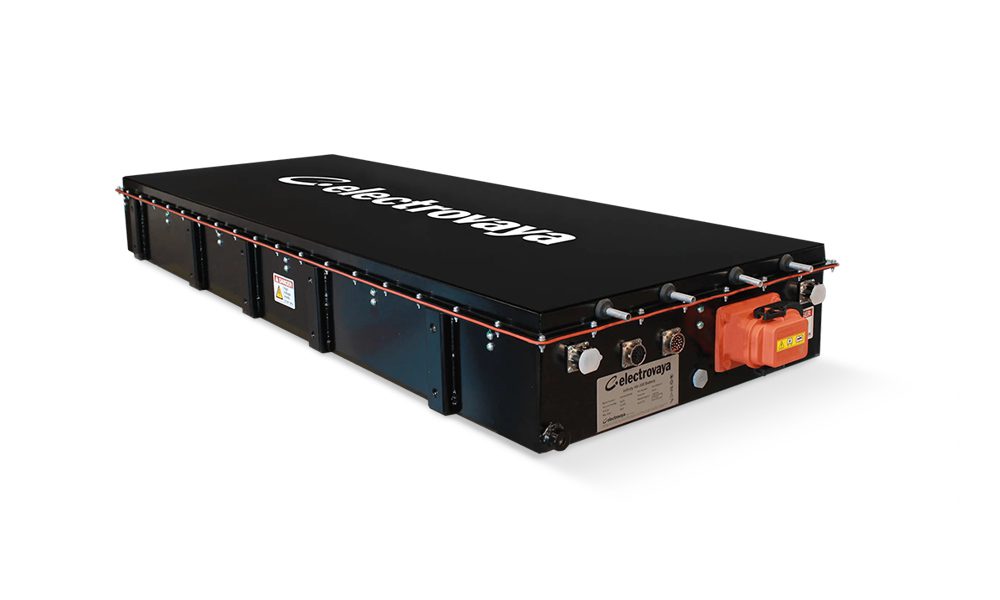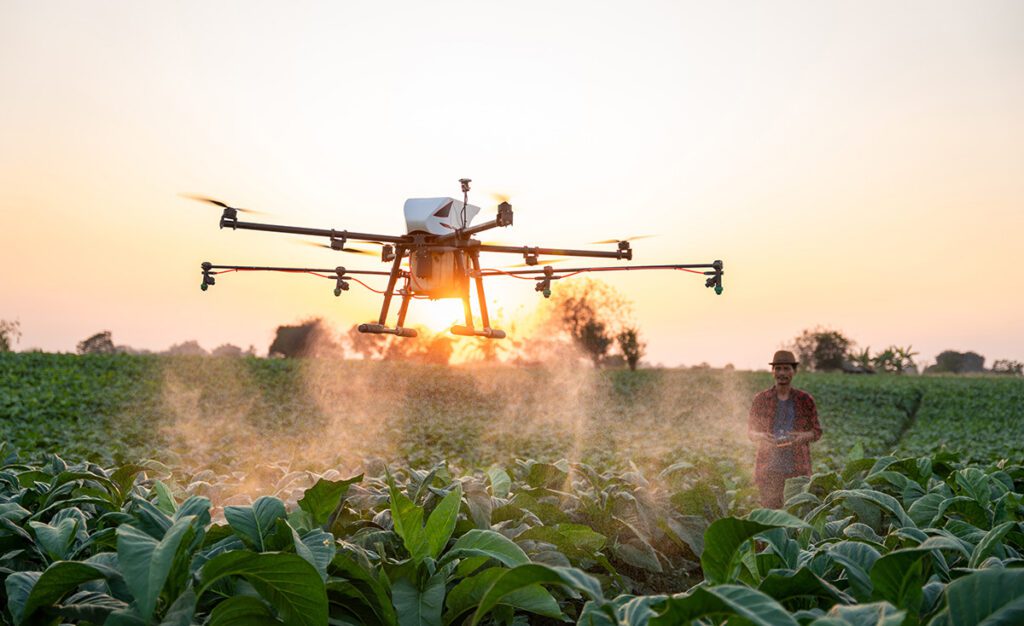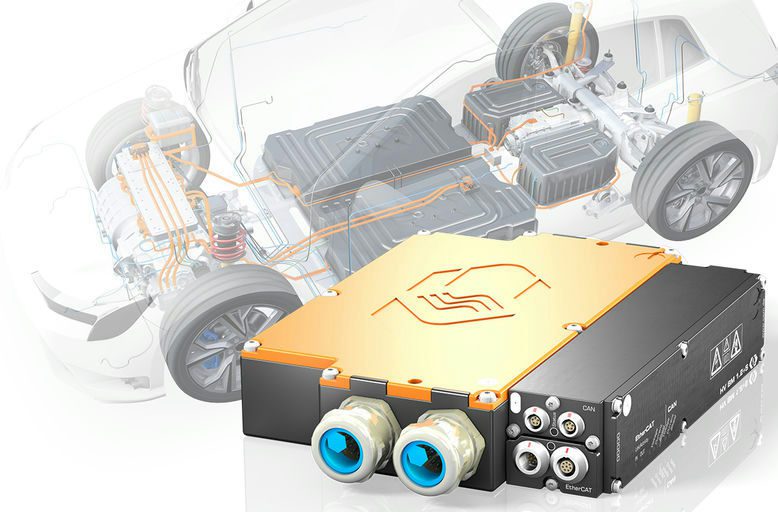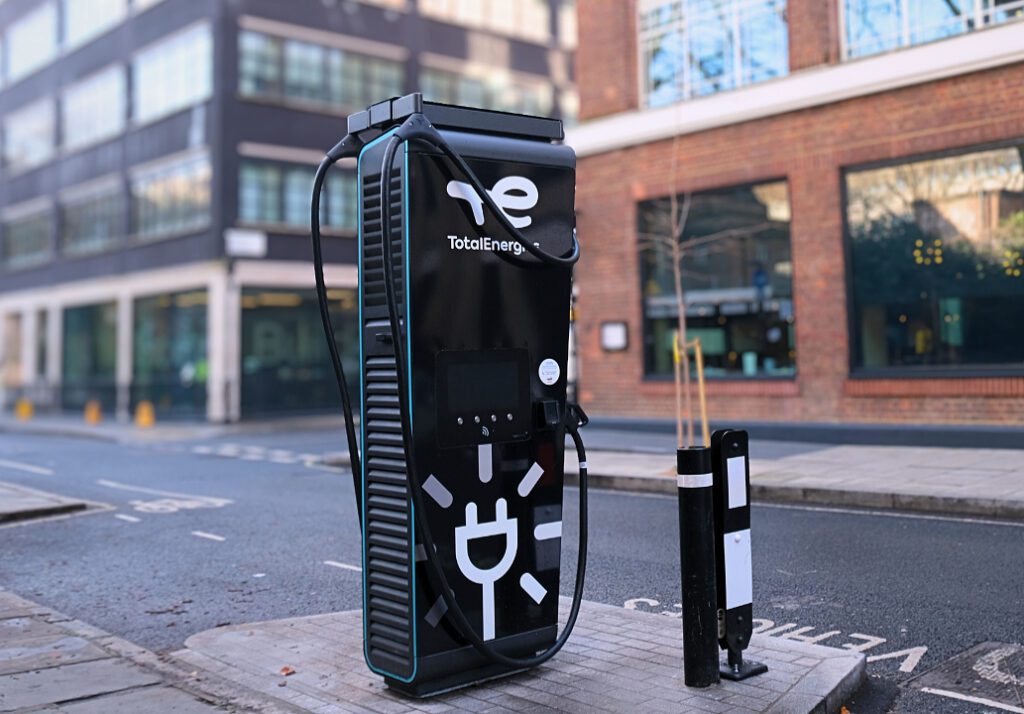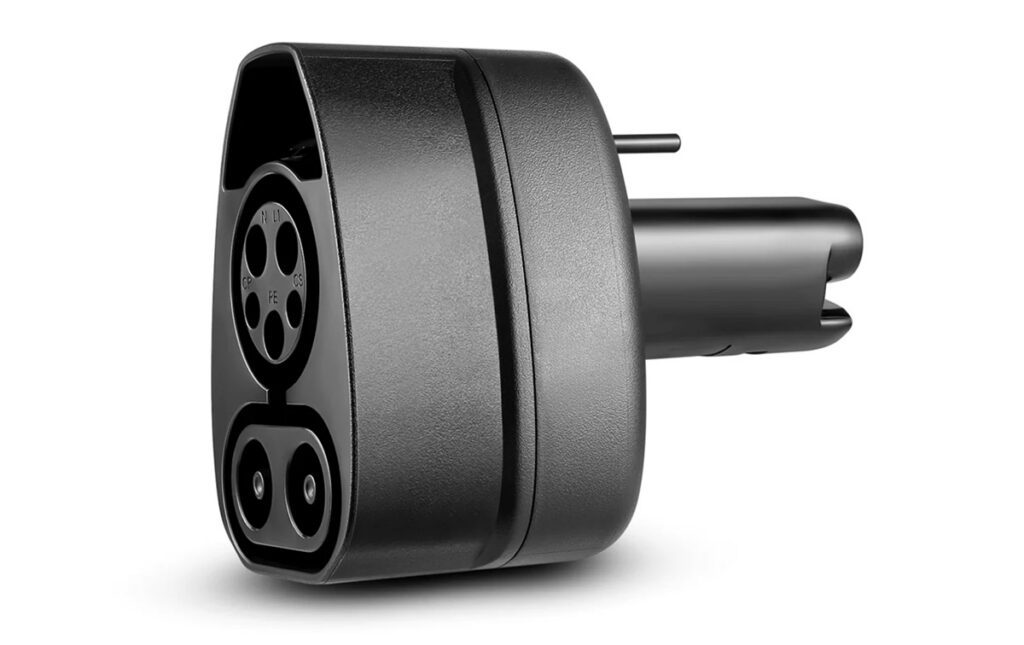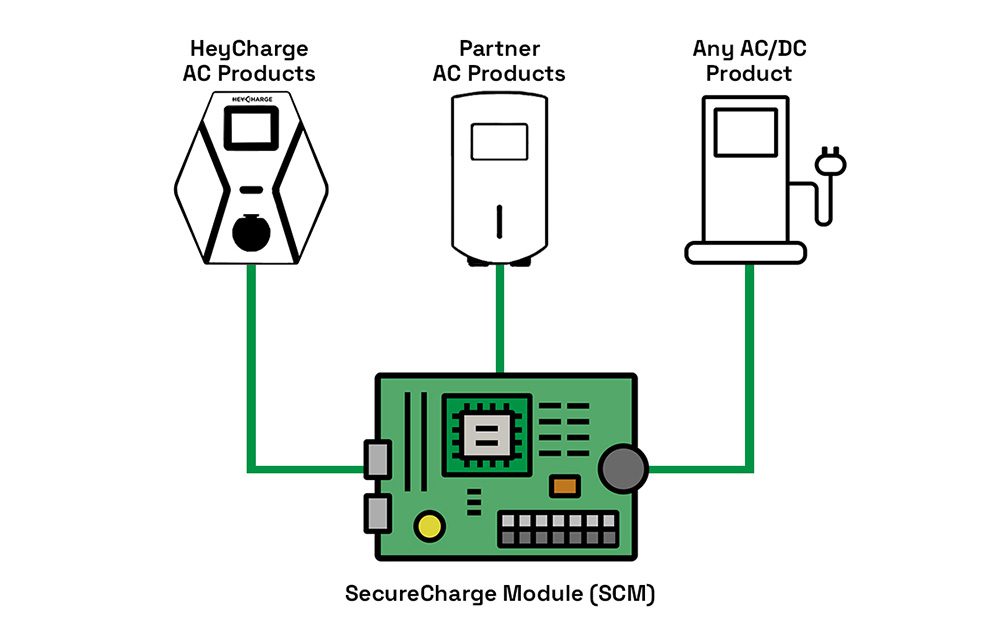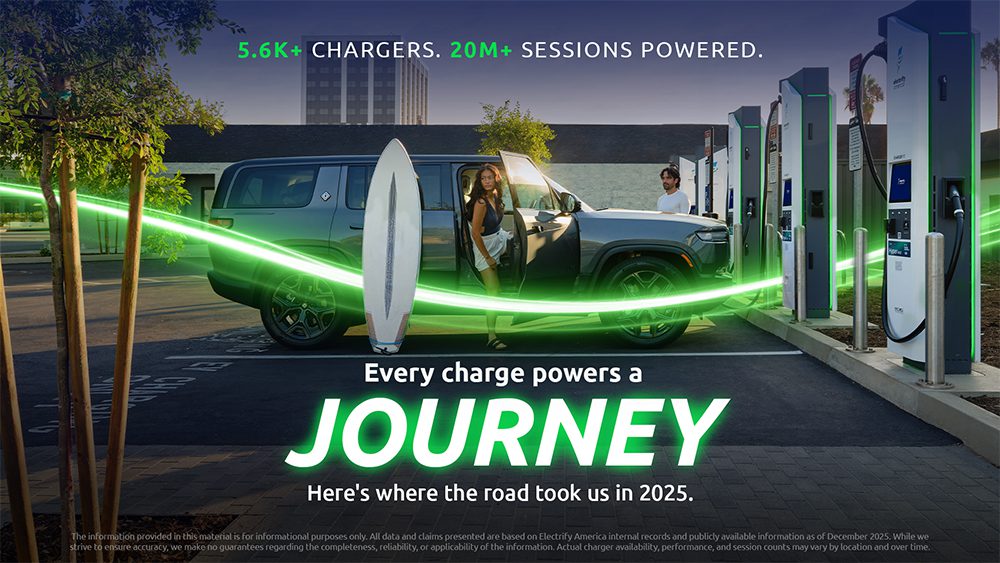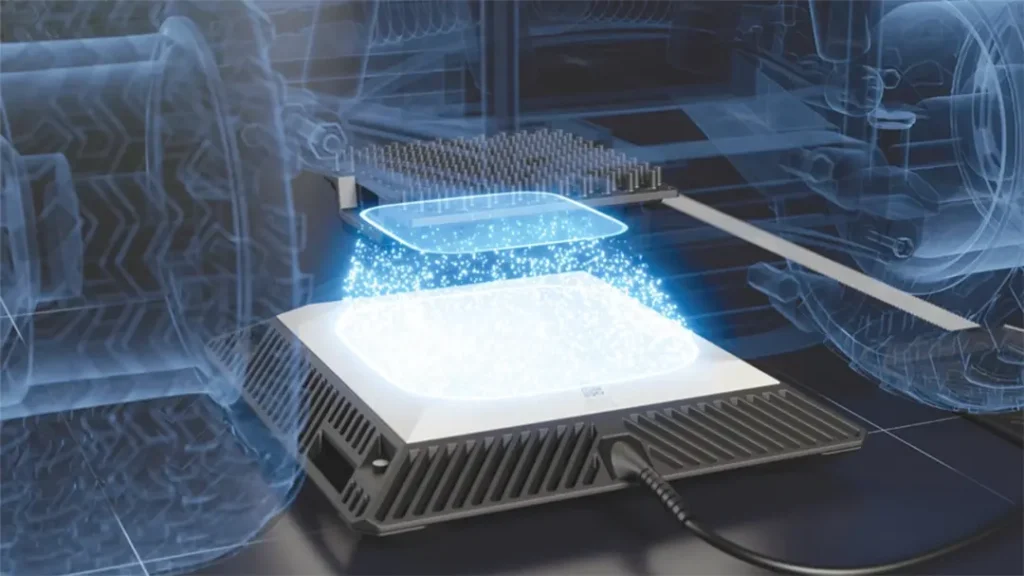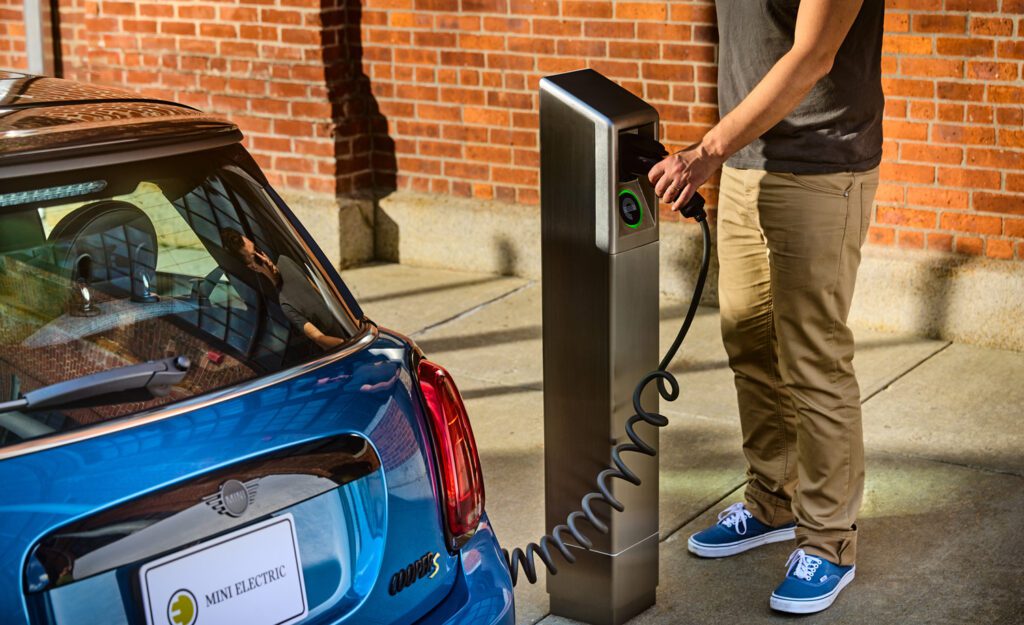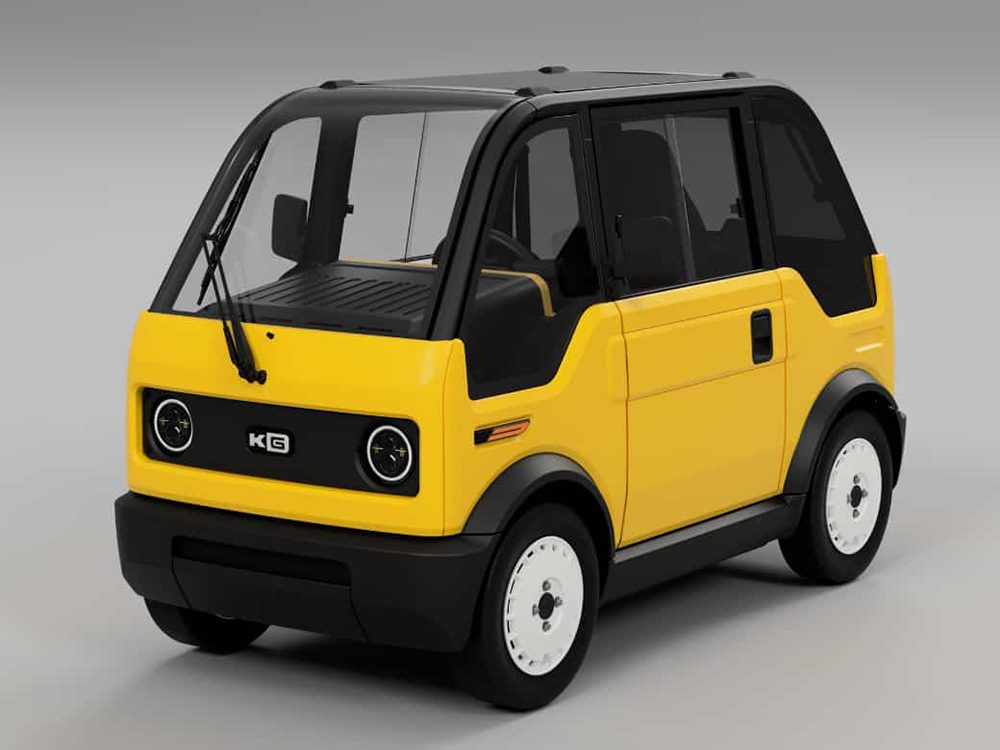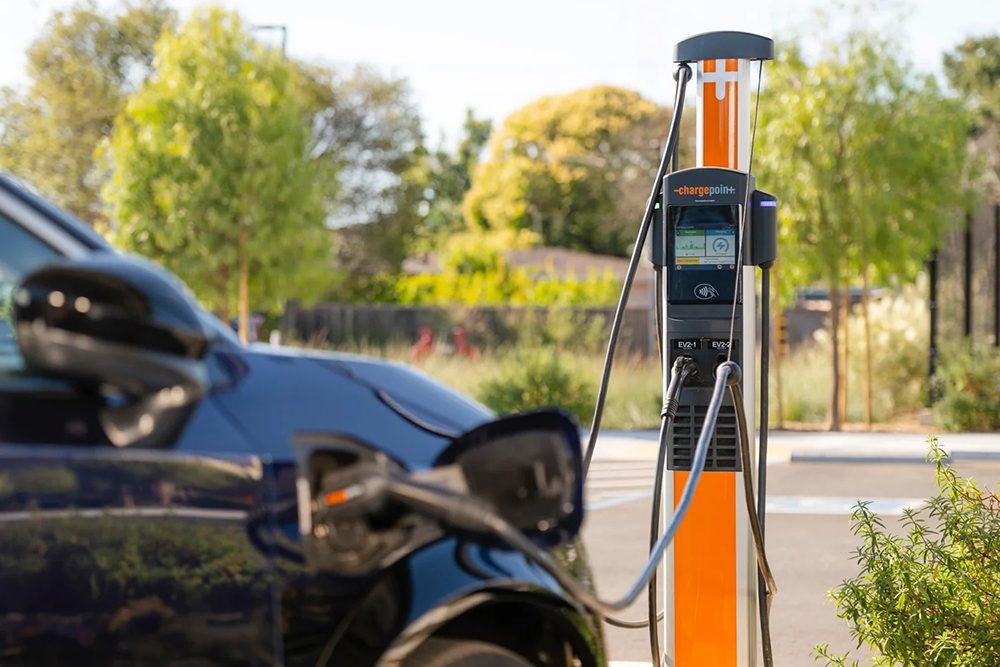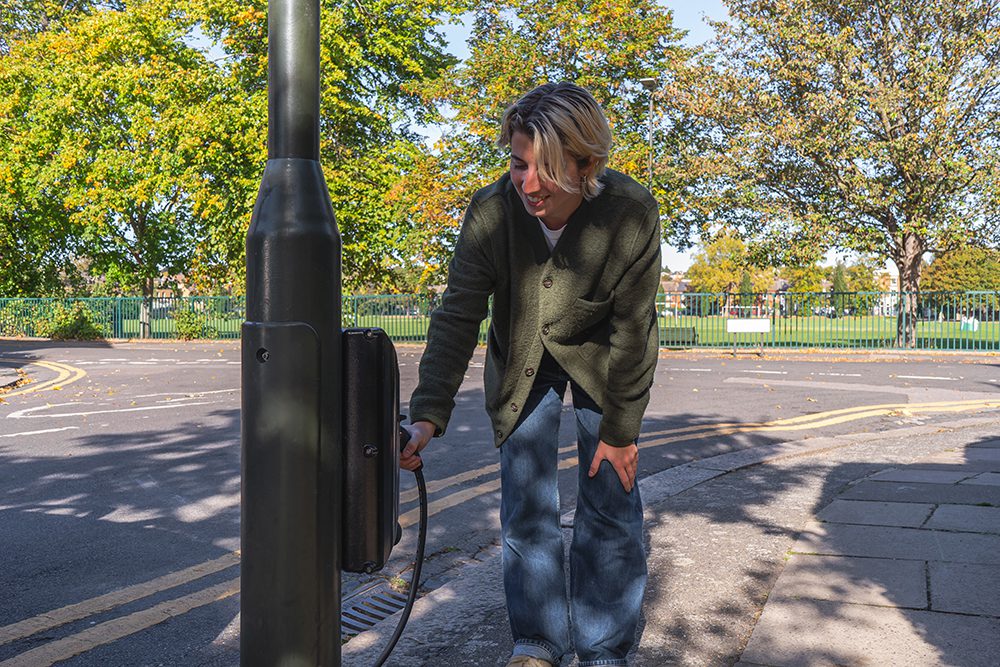BMW has been taking its share of criticism in the EV press lately, because of its lack of new plug-in models, and because it seems to the biggest loser from Tesla’s gains in the luxury sedan segment. But don’t count the Bavarians out just yet. The i3 is as popular as ever, especially in Europe – it’s moved over 20,000 units so far this year, making it #14 in global plug-in sales (as reported by EV Sales).
Now BMW has announced a major boost in battery capacity for the 2019 i3. Cell capacity has been increased to 120 ampere hours (Ah) and gross energy content to 42.2 kWh. The new battery offers a range of 223 miles (214 for the sportier i3s) on the generous NEDC test cycle, or 192 miles on the newer and more realistic WLTP cycle. BMW says that in “everyday use,” both variants are good for 160 miles, which is a 30% increase over the previous 94 Ah battery pack, and around double the range of the original i3 released in 2013.
The increase is mainly due to improvements at the cell level, so the new battery pack is the same size as the old. Driving performance and energy consumption also remain “virtually unaltered.”
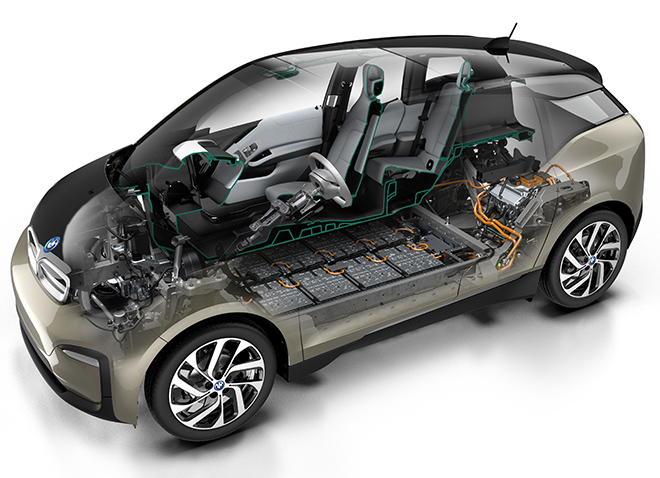
BMW’s lithium-ion cells were developed by the BMW Group, and are produced “exclusively based on specifications defined by the BMW Group.” The packs are produced at the BMW plant in Dingolfing and consist of 8 modules, each with 12 cells.
[Editor’s note: Some media reported that BMW had dropped the range extender gas engine from its offerings. However, BMW NA Corporate Communications Manager Thomas Plucinsky has confirmed that, while BMW is discontinuing the range extender in Europe because of stricter emission regulations, it will still be available in the US. Thanks to Tom Moloughney for the update.] Range extender-equipped models accounted for roughly half of i3 sales between 2013 and 2014.
Source: BMW, Electrek, EV Fleet World

